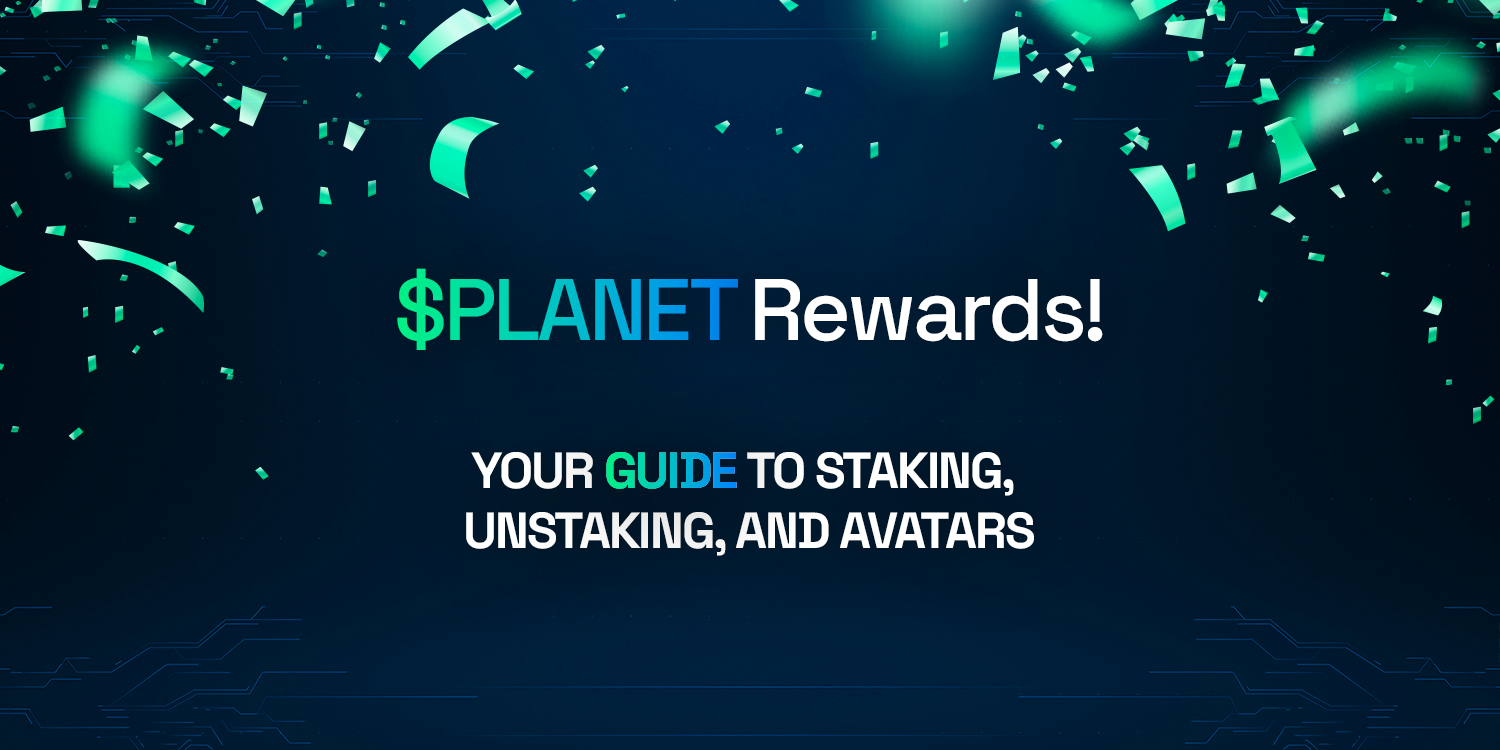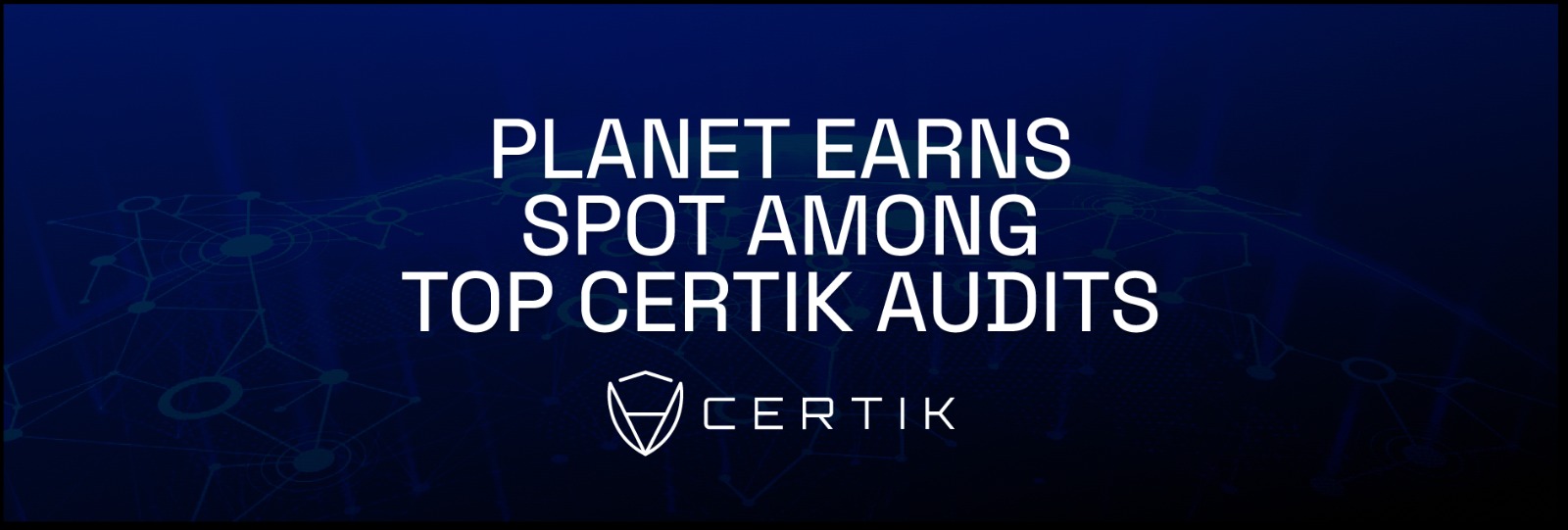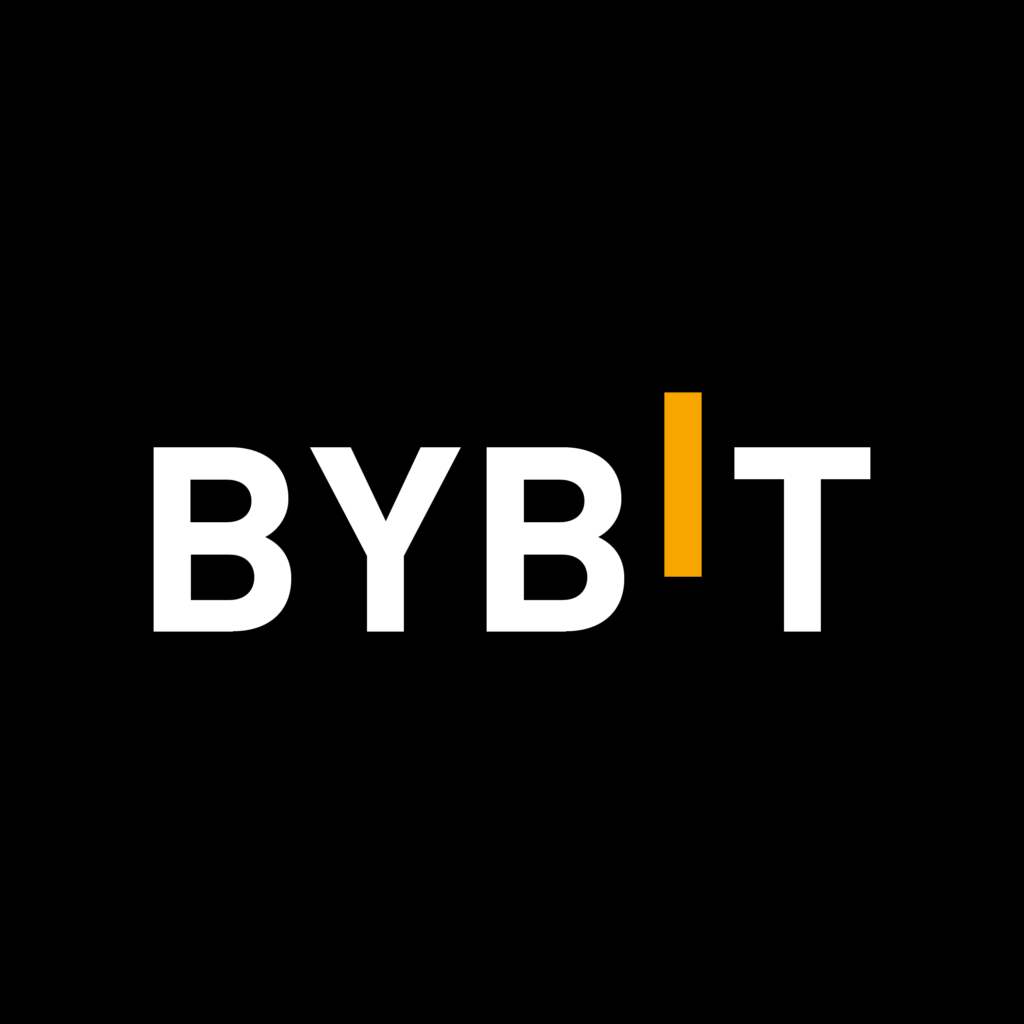Social Good Through Blockchain
Social good through Blockchain technology has emerged as a transformative force, with applications across several industries. Although it is largely recognized for its financial uses, blockchain’s potential for social benefit remains mostly untapped and undervalued.
With the help of this technology, some of the world’s most serious social problems can be addressed through a decentralized, transparent, and secure approach.
A social good through blockchain is essentially a distributed, unchangeable ledger that securely and openly records transactions and data. The data is distributed throughout a network of computers rather than being under the control of a single entity, making it difficult to tamper with.
For numerous social enterprises where trust, openness, and accountability are sorely needed, this factor alone makes blockchain an appealing choice.
Maintaining Ethical Supply Chains
Blockchain technology may be used by companies and organisations to guarantee transparency and traceability throughout their supply chains. Consumers can assess the ethical standing of the products they buy by following the path of the raw ingredients to the finished commodity.
This aids in the fight against problems including exploitation of the environment, human rights abuses, and child labour. Customers may be certain that the information they get regarding a product’s origin is accurate and dependable due to blockchain’s unchangeable and decentralised nature.
The use of social good through blockchain in the supply chain can also help to promote sustainable practices by providing supply chain transparency, certifying eco-friendly certifications, and motivating ecologically responsible behaviour.
Consumers may securely select products and services that correspond with their beliefs, encouraging businesses to embrace environmentally friendly practices.
Revolutionizing Philanthropy
Traditional charitable endeavours frequently experience inefficiencies and uncertainty in the distribution and allocation of donations. Through smart contracts, blockchain provides a potential remedy for this issue.
With the use of smart contracts, donors may now specify certain criteria for their contributions. These self-executing contracts make sure that money is only released and put to use for its intended objectives after a set number of requirements have been satisfied.
Donors have more faith that their gifts will make a difference as a consequence, and philanthropic organisations may improve their accountability and reputation.
Empowerment of Undocumented Communities
Many people throughout the world lack access to reliable identification, which can cause them to be denied access to crucial services and social initiatives. Blockchain-based identity management systems may be able to address this issue by providing a safe and decentralised way to verify and authenticate people’s identities.
By owning and managing their personal data on the blockchain, individuals may access essential services like healthcare, education, and financial services without compromising their privacy or security.
Individuals can have their personal information securely saved on the social good through blockchain in place of relying on ID cards or other official papers issued by the government.
Blockchain-based identities are not associated with any one geographic area or governmental authority. This mobility, which enables people to preserve their identity across borders, is particularly beneficial for refugees and other displaced people.
Fostering a Fairer and Inclusive Society
Blockchain technology adoption has the ability to generate beneficial societal change on a bigger scale. We may work towards a fairer, more inclusive, and socially responsible society by embracing its decentralisation, transparency, and security.
Large companies frequently dominate traditional supply chains and marketplaces, putting small and local enterprises at a disadvantage. By allowing peer-to-peer connections and enabling decentralised markets, social good through blockchain can level the playing field.
By engaging directly with consumers, smaller firms can reduce intermediation costs and improve visibility and reach.
















